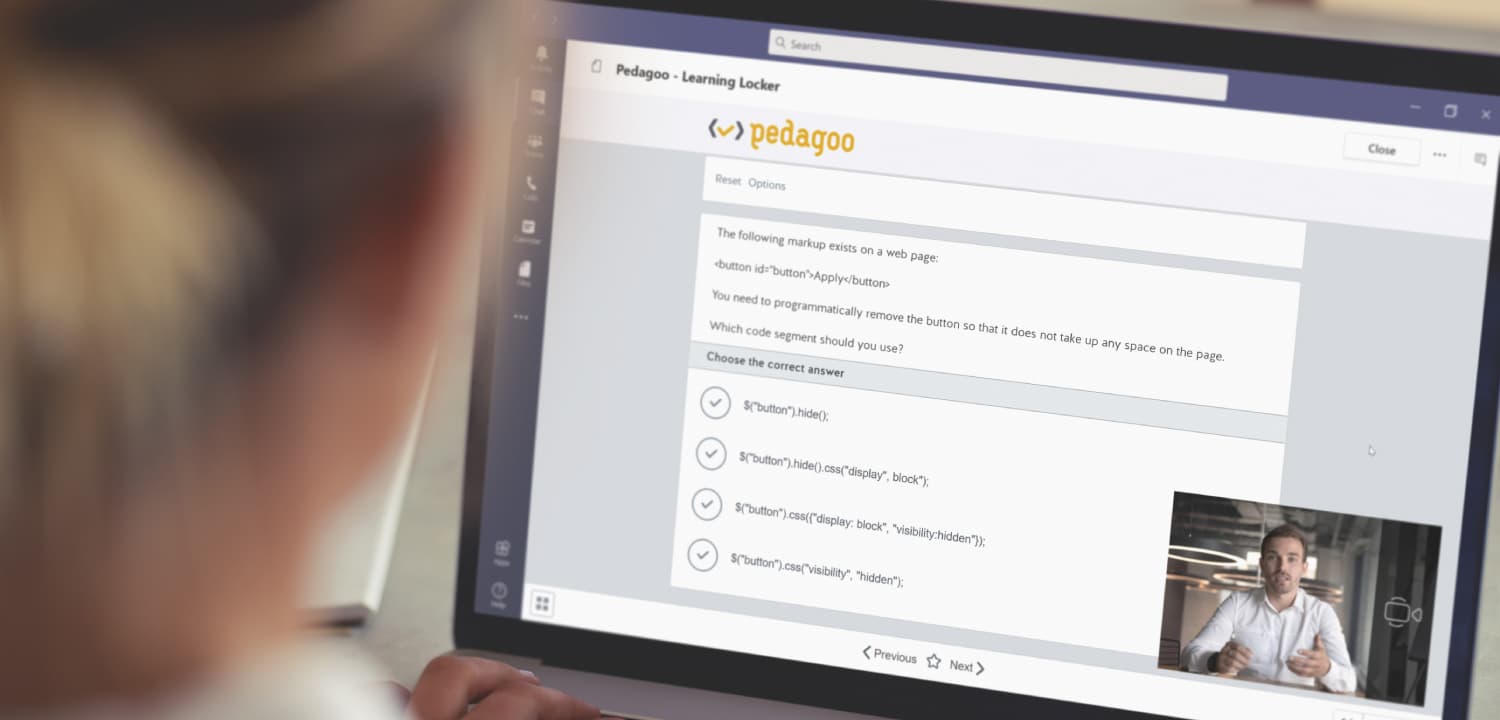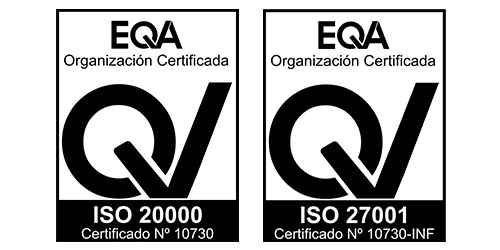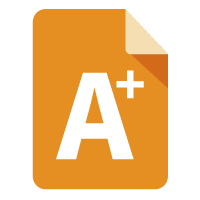The introduction and increased availability of technologies has significantly impacted online assessments. Aspects such as individualized testing, automation, feedback and scoring, or digitization of the evaluation process have created a revolution in educational institutions.
In today’s context of greater accessibility, technology has brought significant improvements to those students who may have struggled with more traditional forms of teaching.
In addition, as social circumstances sometimes limit our ability to travel or attend events in person, technology has also made education possible in places where it would previously have been hindered due to distance or time zones.
This creates the need for educational institutions to consider the benefits of online evaluation and platforms that allow them to offer a high quality education, while meeting objectives.
Benefits of online assessments for teachers and students
While online assessment platforms have been rated primarily based on the utility for student, the considerable benefits they offer for teachers and schools are a fact.
- Teachers reduce the time and effort used on assessments to increase the time in tasks such as improving the curriculum or working with students.
- Online assessments reduces evaluation costs for institutions
- Allow for greater variety in the design of evaluations
- Offer more options on when and how to perform assessments
- Increases efficiency in presenting, evaluating, marking, feedback and storing the processes involved in an assessment
- Improve the analysis of test results, with minimal effort from teachers, allowing them to identify areas where teaching needs to be adapted to
- Provide more accurate and immediate information to educators regarding the choice, design and execution of the curriculum
- Help teachers detect trends and patterns within a class and address them in due course
- It serve as a diagnostic tool to identify students who can benefit from greater direction and support
- Online assessments increase the safety of the evaluation and helps reduce traps thanks to proctoring
5 Tips for Effective Online Assessments
To carry out effective online assessments it is necessary to take into account a number of considerations:
Adapt the statements
We can’t use the same questions for a face-to-face test as for a virtual one. We cannot ignore that the students may use their notes and Internet.
Set a time limit
It is essential to take into account the time limit. Ideally, online assessments should last a maximum of 45 minutes.
Avoid questions to memorize
The goal is to evaluate competencies and skills, so the test should not be geared towards rote learning, and one that raises questions that require reflection.
Use facial recognition tools
It is very important to provide the maximum information to the student about how it works, what data is collected, which ones are processed, which ones are used… In addition, some pre-testing is advised before the test.
Proctoring is one of the great benefits that Pedagoo offers to teachers and schools. This pioneering technology includes multiple screening systems for exam monitoring, allowing you to perform online testing under the same conditions as an official exam.
Enhancing continuous evaluation
The teacher should consider whether a final exam is the only way to value a student. One of the most recommended options is to enhance continuous evaluation and a set of activities that allow the student to develop skills and competencies.
There is no single formula!
Each institution must adapt ideas and proposals to its educational model. There are many learning activities and we have to analyze which ones best suit the subjects and what we want students to learn.
Pedagoo, the most complete tool to evaluate online
If you’re considering implementing an online assessment platform, here’s how Pedagoo and MeasureUp can help.
Pedagoo is a training assessment platform designed to help schools train and evaluate their students effectively and easily. The platform combines several different tools that work together to achieve these goals.
The result is that educational institutions can offer personalized education and evaluation. Pedagoo helps students make steady progress while addressing their specific difficulties and deficiencies in understanding and internalizing knowledge. This leads to significant increases in a student’s ability to retain and understand information, and to see how it can be applied in a practical and meaningful way.
How does Pedagoo do it? Here you can discover its main features.







